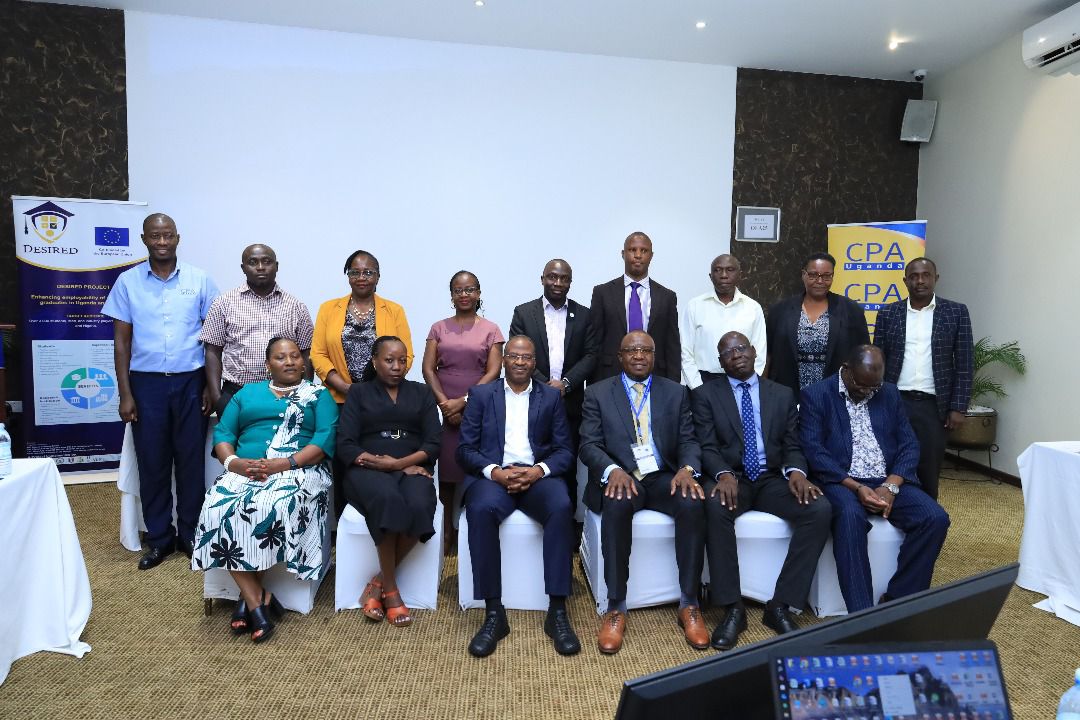LUganda’s microfinance and SACCO sector is facing escalating risks due to weak governance and reduced regulatory agility, senior financial governance experts have warned.
Dr. Dorothy Nseka Kiyaga, the Chief Audit Executive at Housing Finance Bank, said non-deposit-taking financial institutions are increasingly vulnerable after their oversight was shifted from an autonomous framework to the Ministry of Finance.
Dr. Kiyaga, who has more than 25 years of experience in financial governance, said the Uganda Microfinance Regulatory Authority (UMRA) now supervises a sector that “provides over 70 percent of the financing accessed by Ugandans,” making it both highly influential and highly exposed to risk.
She cautioned that the shift in oversight could slow regulatory response and expose borrowers to poor governance, mismanagement, and financial instability.
“Moving UMRA under the Ministry of Finance could slow decision-making and undermine regulatory agility,” she warned.
Although larger SACCOs are expected to fall under Bank of Uganda supervision, she noted that many small and mid-sized institutions continue to handle “significant volumes of money with limited oversight.” Dr. Kiyaga pointed to weak governance structures and restricted independence for internal auditors, saying these gaps “allow some executives excessive control and leave institutions exposed to instability.”
She called for urgent reforms to strengthen oversight, including empowering internal auditors, building stronger institutional checks, and ensuring boards create safe environments for auditors to work without intimidation.
Dr. Kiyaga urged policymakers to rely on data and empirical research when crafting reforms, warning that “policies lacking evidence often collapse soon after implementation.”
She also referenced the new global internal auditing standards introduced in 2024, saying Uganda’s financial institutions will only benefit if they adopt and enforce them through professional bodies such as the Institute of Internal Auditors Uganda.
Without timely intervention, she warned, “risks within the microfinance and SACCO sector are likely to intensify, threatening financial inclusion and wider economic stability.”
Her concerns were echoed by the Institute of Certified Public Accountants of Uganda (ICPAU), which raised the alarm over persistent governance failures across public and private institutions.
Charles Lutimba, ICPAU’s Director of Standards and Regulation, said accountants have for years provided government with guidance on tax policy, governance, and financial management, but these inputs often fall short because “many of these recommendations lack impact because they are not backed by research.”
He said ICPAU has now prioritised generating evidence to strengthen its contribution to national governance debates. Lutimba highlighted recurring governance issues, including boards “interfering in day-to-day operations,” failing to observe governance principles, and a “poor separation of roles between boards and management.”
He added that many institutional boards are appointed without essential competencies, especially in finance and risk management.
“You find a board without a person who understands finance,” he said, warning that such gaps expose institutions to mismanagement.
He called for “streamlined governance structures, clear mandates, and competency-based appointments,” saying effective oversight depends on having the right expertise in place.
Lutimba also emphasised the need for increased investment in research, arguing that “Uganda’s national development goals cannot be met without strong, evidence-based oversight frameworks.”
Professor Laura Orobia, a lecturer at Makerere University Business School and an ICPAU member, said the institute’s new research initiative will create a dedicated platform for practitioners, researchers, and accountants to share findings previously confined to academic circles.
She noted that while the Accountants Act mandates ICPAU to encourage research, “until now there has been no regular platform to consolidate and disseminate this work.”
The new framework, she said, will “bridge the gap between academic scholarship and real-world policy needs” by turning research into practical policy papers and guidance.
According to Orobia, Uganda has “significant untapped research output” capable of informing governance, tax reforms, financial management, and broader economic policy if systematically collected and shared.
She called for partnerships and funding to support large-scale studies that reflect national realities and stakeholder needs.
Orobia urged the public, researchers, and private sector actors to participate in generating research aligned with Uganda’s priorities, arguing that “a stronger evidence base will improve both policymaking and professional standards in the accounting sector.”


